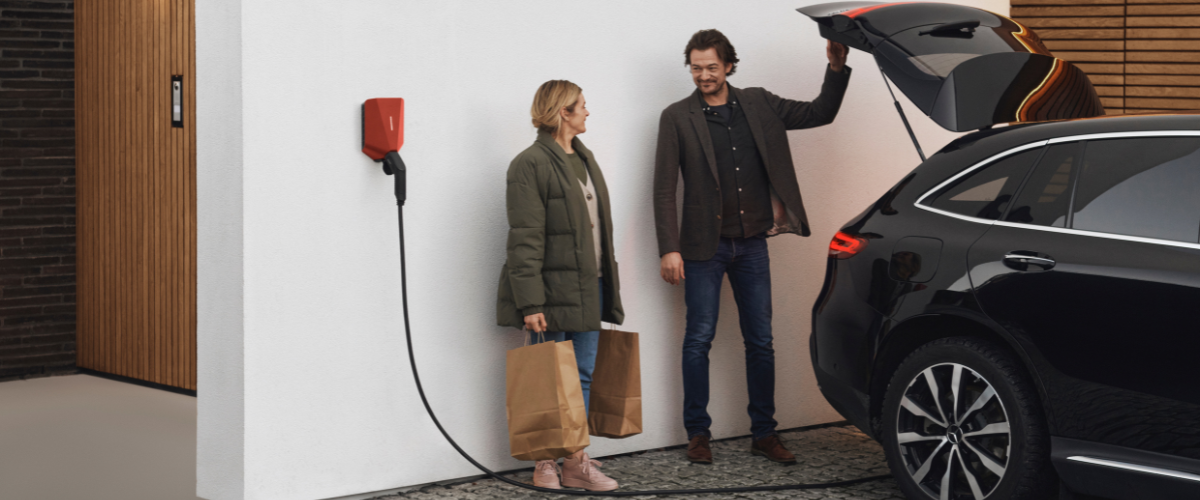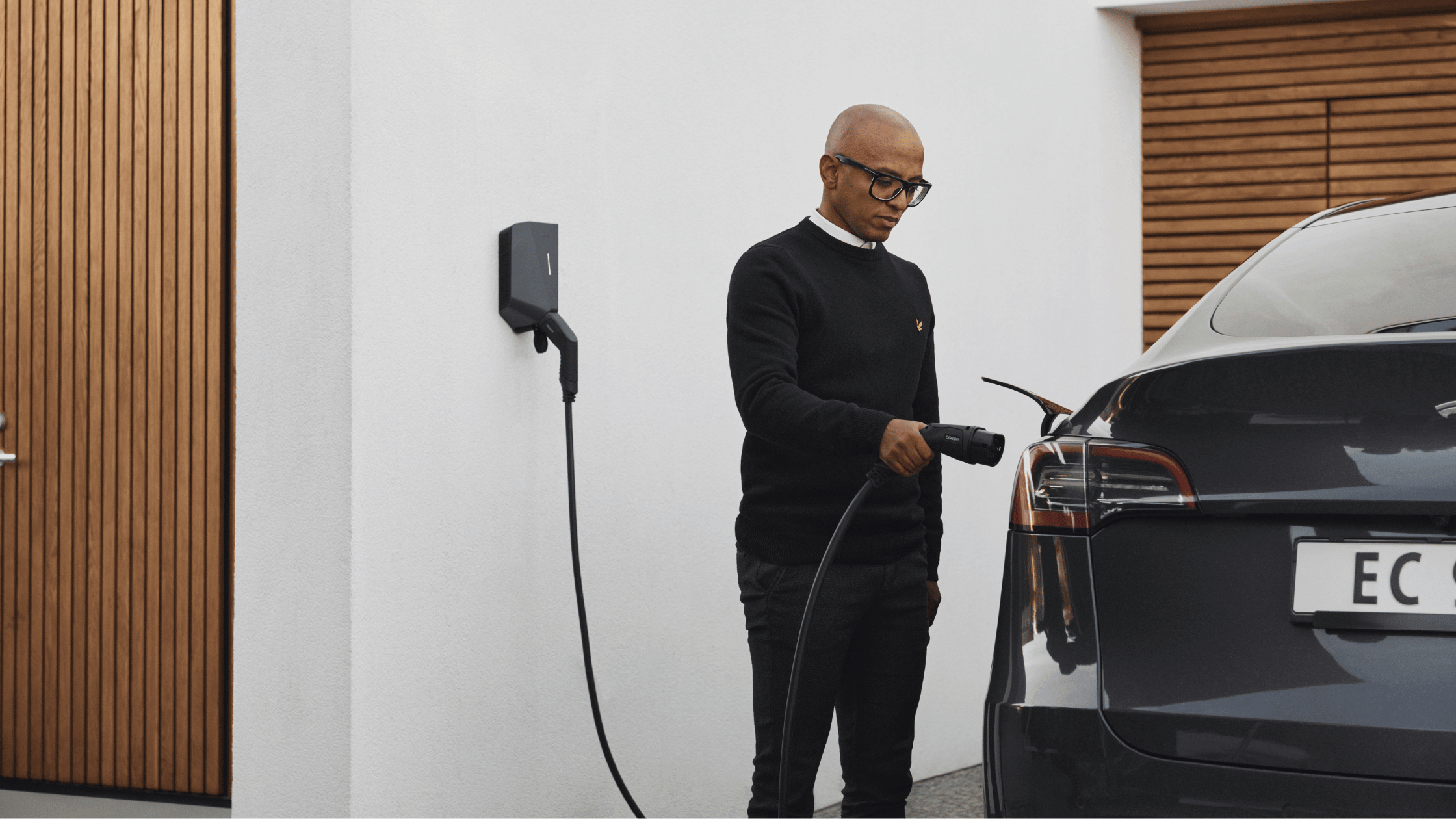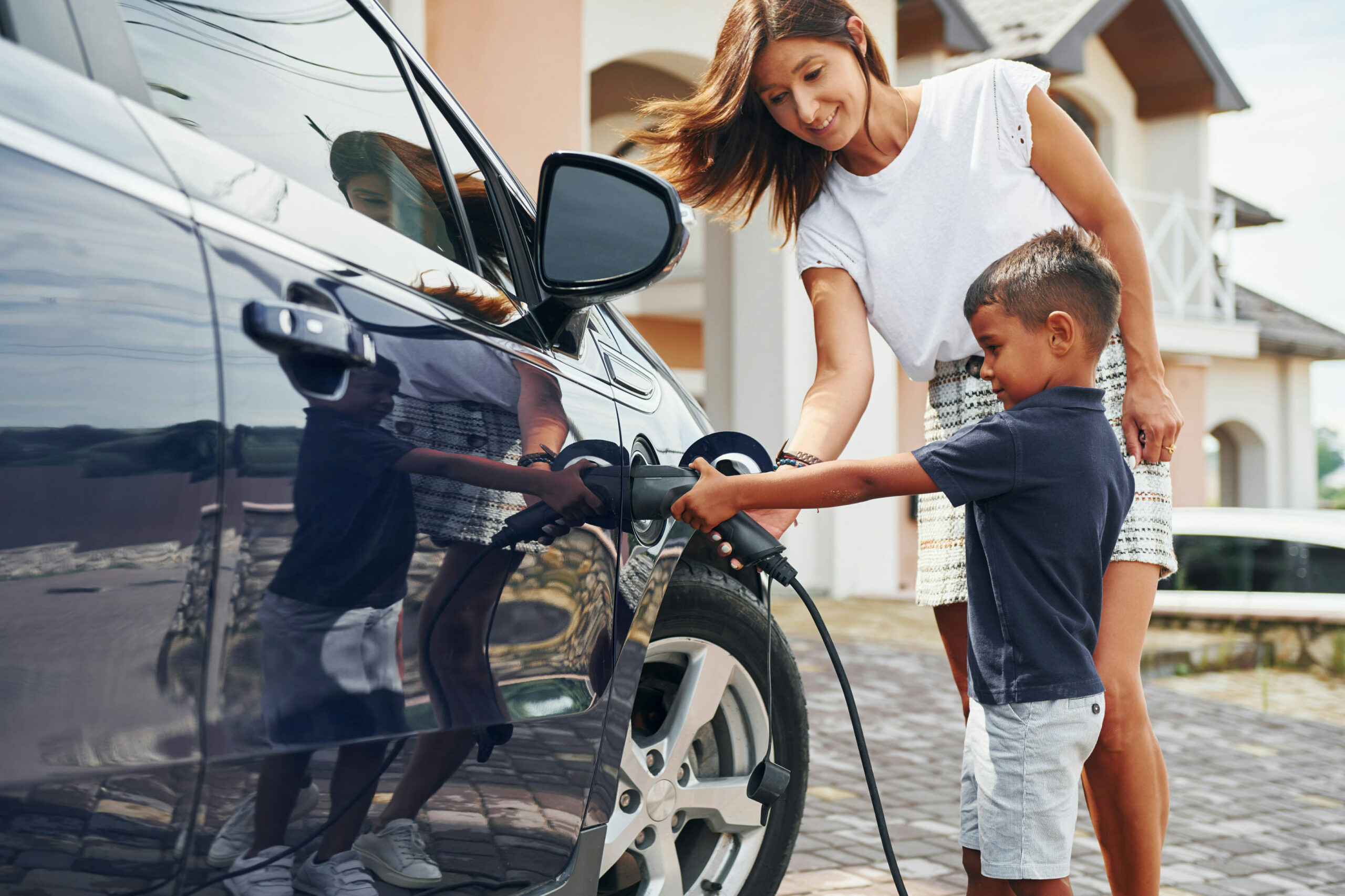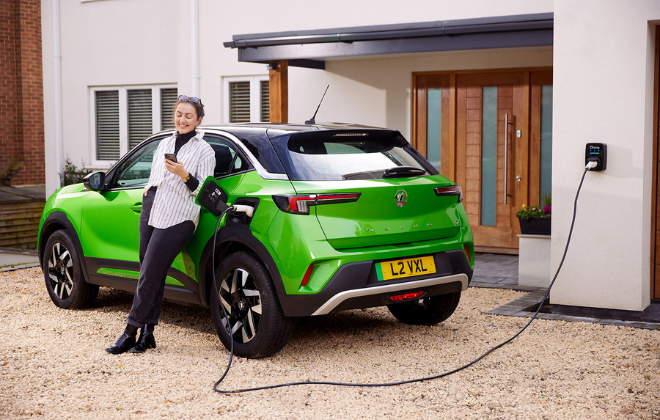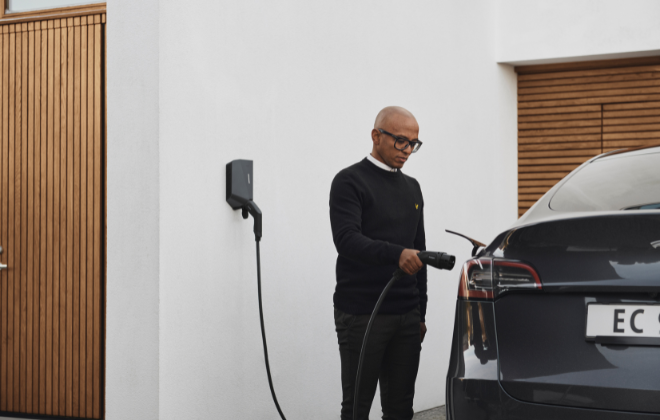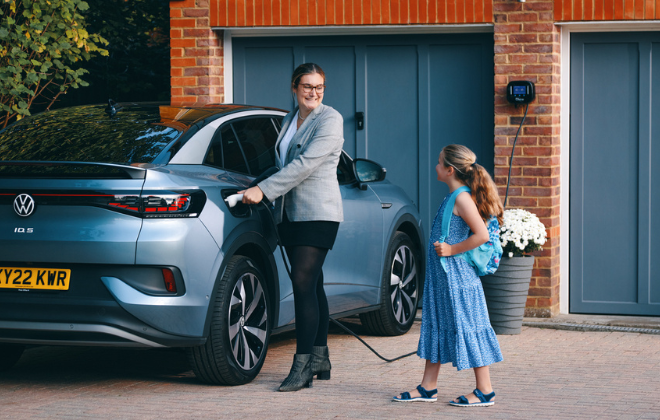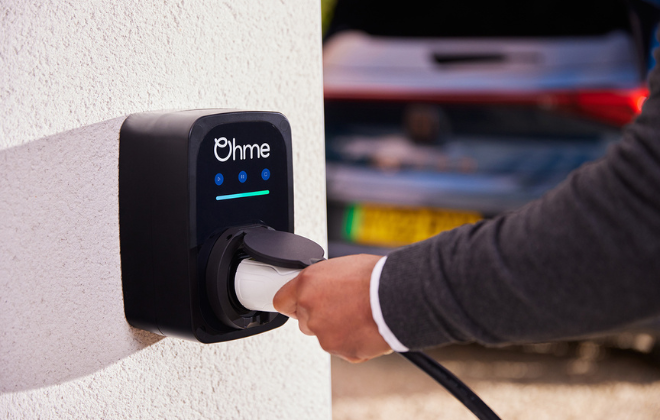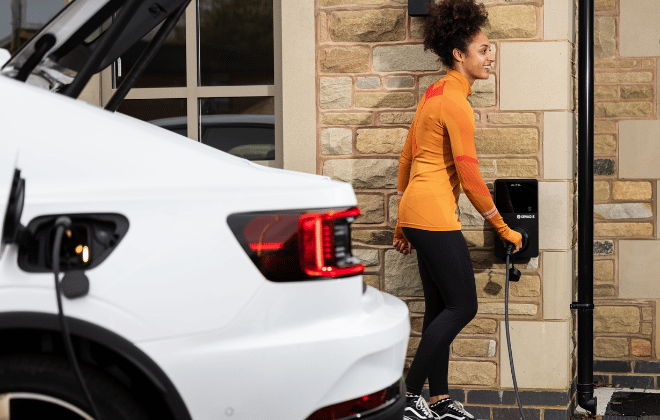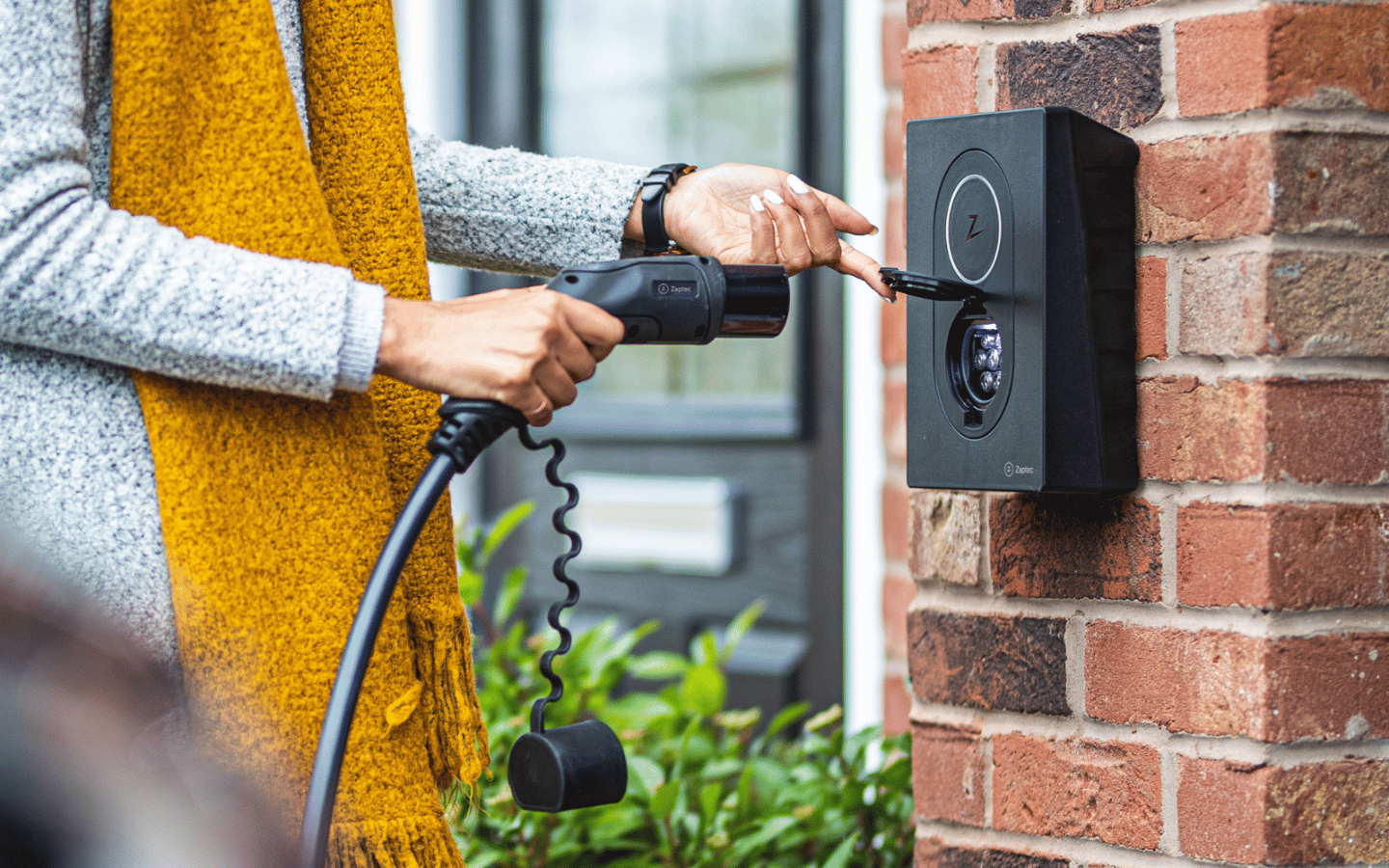

Do I need a smart EV charger?
Do I need a smart EV charger? Smart electric car charging explained
There are multiple ways to charge your electric vehicle – via a three-pin plug, with a dedicated home EV charger and/or rapid/ultra-rapid public EV chargers. And if you’re new to the world of electric vehicle charging, you may be wondering – what is a smart EV charger? And do I need a smart EV charger?
Keep reading to find out everything you need to know about smart electric vehicle chargers.
What is a smart EV charger?
A smart electric vehicle charger is a charging unit with smart functionality. Smart functionality comes in different formats and different definitions. However, the most common definition is that there’s communication between your EV, your smart charger and the electricity grid. Typically, this line of communication is via a Wi-Fi signal or a 3G/4G/5G connection.
But it’s important to note that there are various levels of smart EV charger functionality.
Do I need a smart EV charger?
Technically, all commercial, workplace and home electric vehicle chargers sold in the UK need to be smart due to the Smart Charging Regulations 2021. So, if you want to invest in a charger, you do legally need a smart EV charger. Although the benefits of smart EV chargers speak for themselves (smart charging saves you up to £1000 a year). This means that while you have to have a smart EV charger, it’s likely you would have opted for one anyway.
When understanding smart electric vehicle charging, it’s important to note that there’s a spectrum as to how smart an electric vehicle charger legally has to be and how smart some can be.
As a minimum, your smart charger may just meet the requirements of government regulations. Basic features such as charge scheduling (where you can set exactly when your EV automatically charges, i.e. 10 pm-2 pm) have to be included as standard.
At the mid to advanced range, electric vehicle chargers may offer a variety of different smart features that surpass the standard unit. Chargers with the solar-ready feature allow you to use surplus energy from your solar PV system to top up your EV. Other chargers may offer RFID card compatibility, whereby you can start and stop charging with a few taps of an RFID card.
The crème de le crème of smart chargers may even be versed in the art of Vehicle to Grid (V2G) charging, whereby you can send energy from your EV battery back to the grid. However, this piece of technology is in its infancy, so this is not common by any means in 2024.
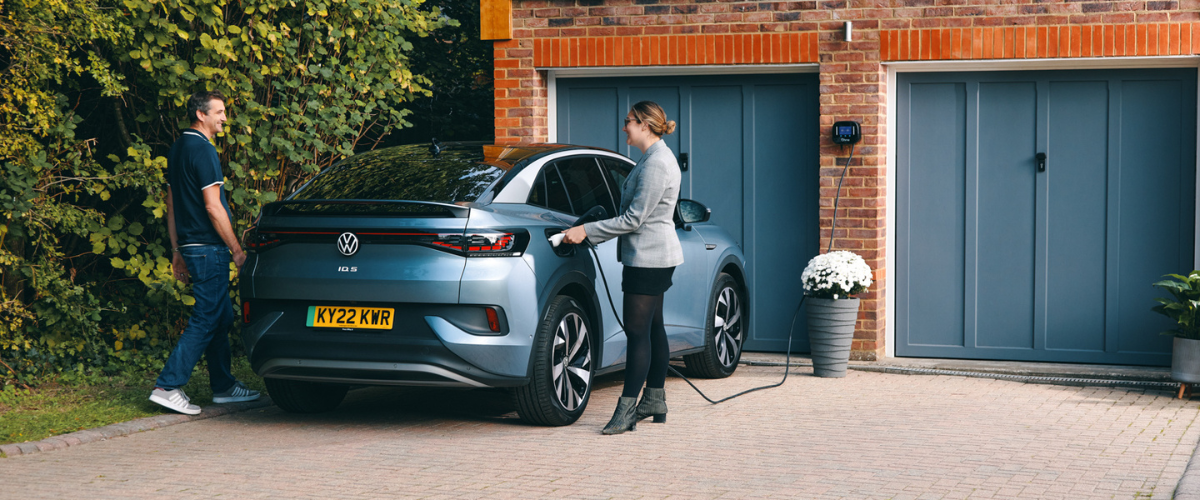
What are the benefits of a smart EV charger?
1. Convenience
Say goodbye to the days of long queues at public charging stations and messy three-pin plug wires. Since a smart EV charger is installed on your property, you can charge whenever you want from the comfort of your own home, promising easy and convenient charging sessions.
Or, for even more convenient charging sessions – set your EV to charge exactly when you want, and as long as you’re plugged in, your EV will automatically start charging – you’ll barely have to lift a finger.
2. Faster charging
Smart home EV chargers are typically rated at 7kW, compared to three-pin plug EV charging rated at approximately 2kW. With these dedicated smart EV charging stations, you can charge three times faster than with a three-pin plug.
3. Safer charging
Some chargers (although not all) offer added security and safety features. For example, the VCHRGD Seven and the Easee One home chargers offer the cable lock feature, which allows you to lock your EV charging cable in place, offering the original flexibility of a socketed charger but also the temporary look, feel, and security of a tethered unit at the touch of a button.
What’s more, some electric vehicle chargers have an added safety element with the dynamic load balancing feature. If you’re using multiple electrical household appliances – think washing machine, TV, microwave – at the same time, you may overload your circuit, and if you add charging an electric vehicle into the equation, then there’s the possibility of blowing the fuse. The load balancing feature ensures that circuits are not overloaded by balancing your electrical demand.

4. Cheaper charging
All smart electric vehicle chargers will have the charge scheduling feature – where you can set when exactly your electric vehicle charger will charge your EV. On the surface, you may be wondering how this equates to cheaper charging, but it’s all about scheduling your EV during off-peak hours to reap cost savings.
Off-peak hours are typically between 11 pm-5:30 am, and because the demand for electricity during this time period is lowest, it’s also when energy prices plummet. Set your EV to charge during these hours, and you’ll gain significant financial benefits from doing so. In fact, according to the UK government, users who take advantage of smart electric vehicle charging can save up to £1000 a year.
On top of this, certain smart electric vehicle chargers offer intelligent tariff integration, where you can sync your energy tariff with your home charger, automatically charging at the cheapest times available to you. For example, the Ohme Home Pro can collaborate with different energy tariffs, including the sought-after Intelligent Octopus tariff.
5. Greener charging
Further to our previous point, not only is charging during these off-peak hours cheaper, but it’s also greener than charging during peak times. This is because electricity is generated from more renewable energy sources during these off-peak hours, such as wind and solar, instead of other carbon-intensive methods.
Additionally, certain home electric car chargers have different charging modes and can work with your solar PV energy system. The Zappi smart EV charger has solar compatibility, so you can top-up your EV with free solar energy.
6. Aesthetic charging
Smart EV chargers come in a variety of shapes, sizes and colours, meaning unlike unsightly three-pin plug EV charging, you can invest in a stylish, unobtrusive smart unit that parallels your home aesthetic.
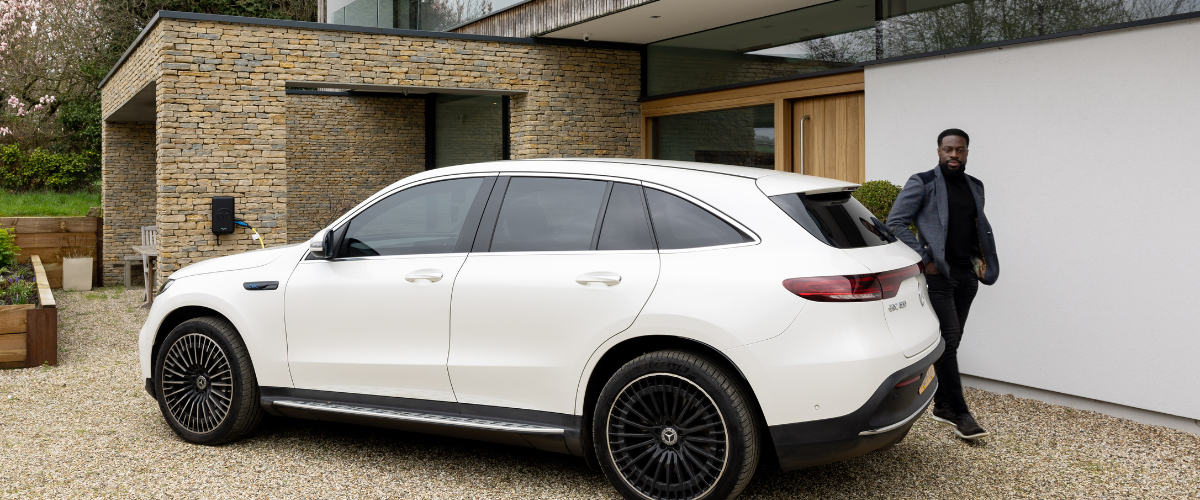
7. Grid stability
With the increase in electric vehicles in the UK, more strain is being put on the electricity grid. And while it’s promised that the UK grid will be able to handle the surge in demand as EV adoption continues to grow, smart charging in the UK helps to support the transition and the grid by encouraging charging when energy demand is low.
8. Maintain EV battery performance
Consistently using rapid and ultra-rapid public EV chargers with high charging rates can damage your battery and encourage premature battery degradation. So, by investing in a smart EV charger at home, EV drivers won’t have to rely on these public chargers and can charge with the recommended kilowatt rating. What’s more, it’s easier to maintain a balanced charging rate of between 20%-80% to ensure a healthy battery when you have the luxury of a home EV charger.
Summary:
- If you want an electric car charger installed on your property, you must have a smart EV charger according to the Smart Charging Regulations 2021 – not a dumb charger. This is because you need to access smart features such as charge scheduling, so you can help support the electricity grid with the rise in demand.
- The scale of smart functionality on EV chargers varies from basic to advanced (with smart features such as solar charging and tariff integration nearing the end of the spectrum).
- Smart EV charging provides an abundance of benefits, including faster, cheaper, safer, greener, and more convenient charging sessions while improving grid stability and maintaining EV battery performance.
Do you want to take advantage of cheaper, faster and more convenient EV charging sessions?
If you want a home EV charger installation, click below to get your free quote, or contact us for more information or any queries you may have. With a range of the best smart chargers on the market, we can ensure we find your perfect charging match by providing unbiased advice and honest opinions. We handle the entire installation process from start to finish, including DNO approval and grant applications.
For more information and our latest updates, follow us on Facebook, Instagram, Twitter, LinkedIn and YouTube.
related articles_
Stay up to date on the latest from We Power Your Car_
I consent to receive newsletters from We Power Your Car. Please see our Privacy Policy
